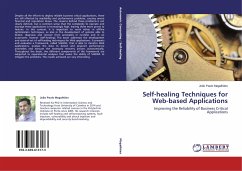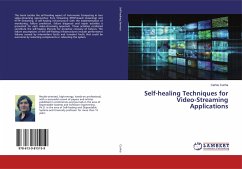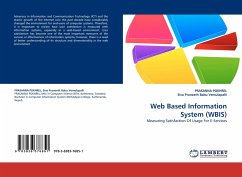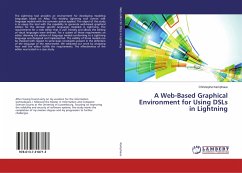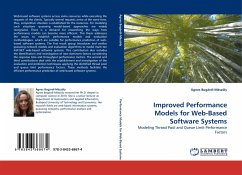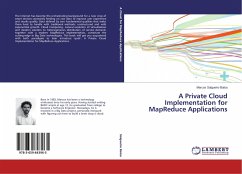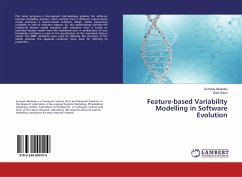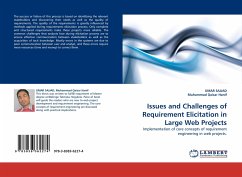Despite all the efforts to deploy reliable business critical applications, these are still affected by availability and performance problems, causing severe financial and reputation losses. The reasons behind these problems is not clearly defined, but is common sense that the complexity to operate and manage these applications is increasingly high, leaving them more prone to failures. In this context, it is important to work either in offline optimization techniques, as also in the development of systems able to detect, diagnose and recover from anomalies in runtime and in an autonomic manner (self-healing). This book addresses the development and state-of-art of self-healing techniques for Web applications. It presents and evaluates a framework, called SHõWA, that is able to monitor Web applications, analyze the data to detect and pinpoint performance anomalies and execute the necessary recovery actions autonomically. Throughout the book, the different components of the framework are subjected to experimental analyses that assess the ability of SHõWA to mitigate the problems. The results achieved are very interesting.

